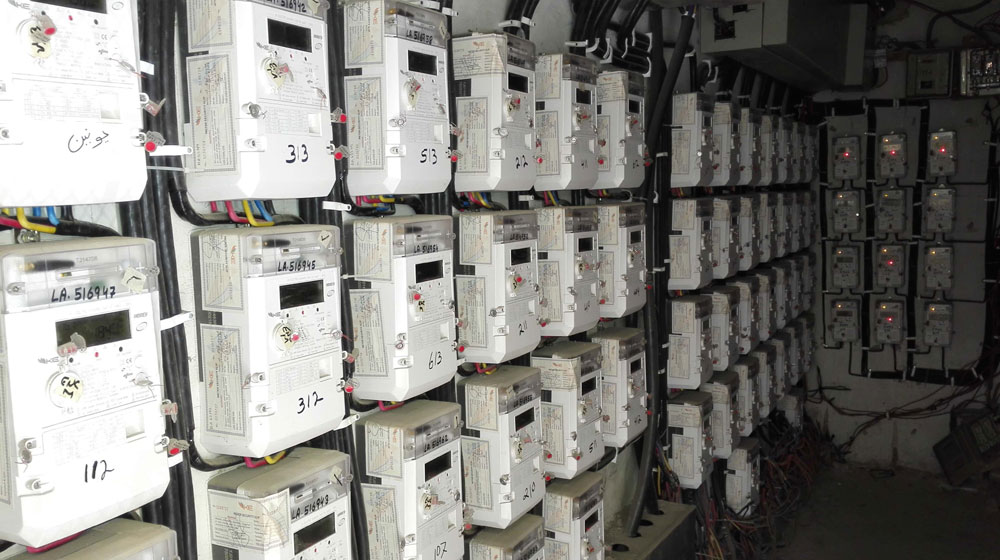Over 300,000 electricity consumers lost their protected status in June due to a new billing system introduced by distribution companies (DISCOs), as directed by the Ministry of Energy. The change stemmed from a Pro-Rata Billing Mechanism mandated in a March 27 letter from the Ministry to DISCOs, aimed initially at safeguarding lower-usage consumers from overcharges due to delayed meter readings.
Protected Customers Stunned by Massive Electricity Bills




